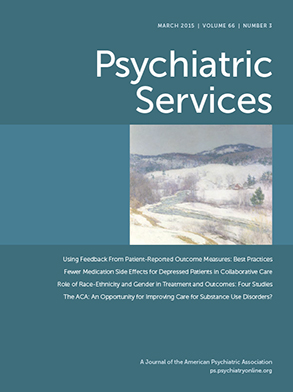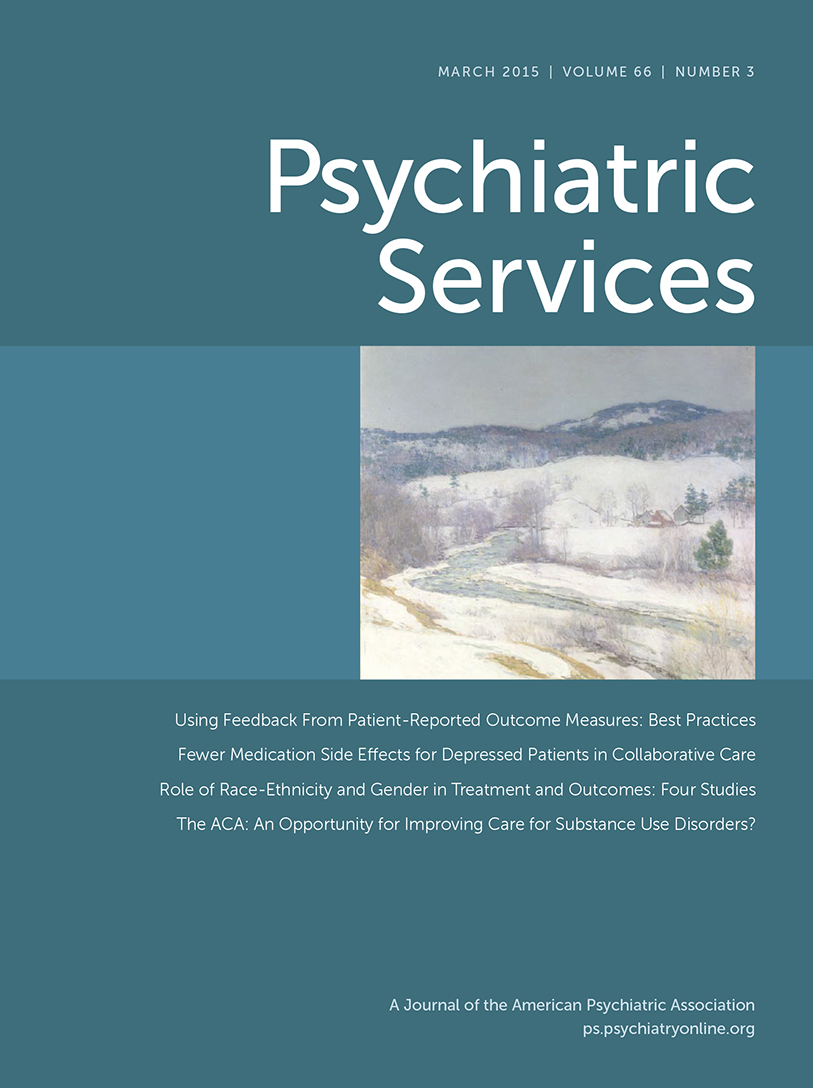Since 2001, more than 2.5 million U.S. service members have been deployed to Iraq and Afghanistan, with longer and more frequent deployments than in previous conflicts. The Army found that spending more time deployed in combat and less time at home disrupts the social fabric of service members and their families. This then impedes community readjustment and family reintegration, which can lead to greater risk for major depression and posttraumatic stress disorder, as well as self-harm. From 2012 to 2013 there was a 6% increase in suicide rates in the Army National Guard and an 18% increase in the Army Reserve.
In 2011, the second author worked with an Army National Guard chaplain and an Army veteran of the Iraq war to develop the Warrior Spirit/Mission Homefront (WS/MH) interactive dialogue program to facilitate talking about one’s military experiences—first with fellow service members or fellow veterans, then with friends and family. The WS/MH activity lasts 90 minutes and includes a 15-minute introduction by the facilitator, 60 minutes of self-guided dialogue, and 15 minutes of discussion afterward. Participants work in groups of four. Taking turns, each person chooses one of the 66 cards in the WS/MH deck. Each card lists six questions. The question to be answered is determined by the throw of a die. After the person who drew the card answers the question, the others answer the same question. Participants may choose a different question on the card or choose not to answer.
Some questions are humorous: “What was the funniest thing that happened to you during deployment?” “Describe the worst-uniformed soldiers in your unit, and what they wore.” Some questions prompt reflection about the individuals’ military experiences: “What was your hardest day of deployment?” “Did being deployed challenge your faith, or strengthen it?” Some questions examine the complexity of readjustment to life at home: “How would someone who knows you well say you have changed?” “If you were a mentor, what is the most important advice you would give to a soldier returning home?”
During the subsequent discussion, participants' themes of enjoyment, strengths, and struggles shared in military life emerge. From these themes, participants are encouraged to consider which they could share with friends and family to enable conversations that reestablish and reinforce their home relationships. WS/MH can be used in U.S. Department of Veterans Affairs (VA) hospitals, VA centers, and other mental health settings to guide conversations among veterans.
In 2013, National Guard commanders asked the researchers both to facilitate a WS/MH program and to measure soldiers’ satisfaction with the program. With VA grant VA558-C00870, we recruited 299 soldiers to participate. The City College of New York Institutional Review Board approved all procedures.
The first noticeable effect of the WS/MH activity was the participants’ transition from reticent to vibrant. During the introductory presentation, soldiers listened attentively, without apparent emotion. During the self-guided dialogue, however, the groups’ voluble emotions spanned the human spectrum. There was boisterous laughter, as well as quiet expressions of worry and regret.
This utility of WS/MH was confirmed by quantitative measures. Overall, participants reported significantly positive satisfaction ratings (skewness =–.994, SE=.146). Specifically, 86% liked the interactive experience of talking directly to fellow soldiers, 88% agreed that talking to peers about deployment is preferable to talking with a professional, and 82% agreed that the fun questions helped them discuss the more serious questions. Most important, 82% said they were more open to listening and understanding others than they usually would be, and 79% of participants felt more willing to reach out to others.
WS/MH dialogues and discussions model how a person can begin to describe deployment by first telling simple, even humorous stories, while building gradually toward sharing more difficult experiences—according to one’s own comfort threshold—in order to reconnect with family and community. By facilitating renewed support from fellow service members, veterans, family, and community, WS/MH provides a new tool in the ongoing efforts to improve service members’ and veterans’ emotional well-being as they come home.

